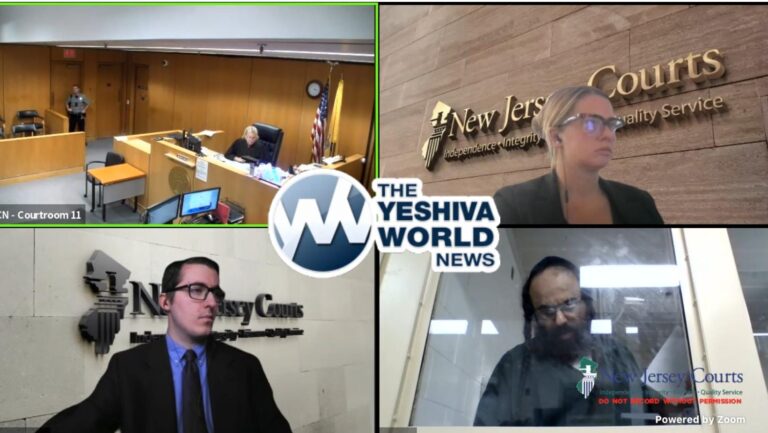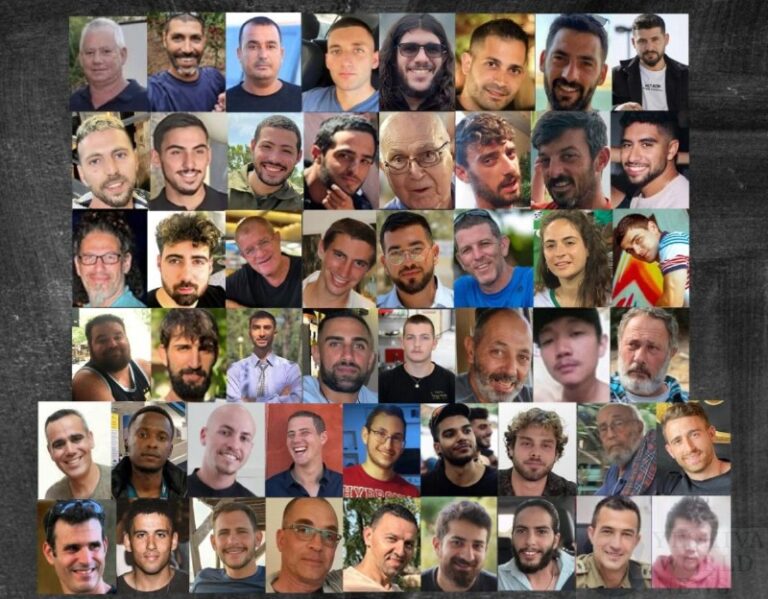Forty-eight years after she gave her first commencement address at Wellesley College, Hillary Clinton returns on Friday to offer another — and once again, she’s at a crossroads in her life.
The first time, she was 21 years old and eager to take on life’s adventures, a graduating senior whose bold speech delighted her classmates, dismayed the school’s president, and made it into Life magazine. The Hillary who will speak this year on Severance Green Lawn is the battle-scarred politician who came agonizingly close to becoming the first female president of the United States.
Half a year after her stunning loss to Donald Trump in November — a loss that left her devastated and heartbroken, those close to her say — Clinton has professed herself “ready to come out of the woods,” a winking reference to the viral photo of her in the woods near her home days after the election.
But what will coming out of the woods look like? And how will Clinton, long seen as a master at redefining herself over three decades in the limelight — define her role in the Trump era? Some have even speculated she might run for elected office again — a possibility she hasn’t flat-out denied, but has said she doesn’t expect to happen. Friends say it’s unlikely.
“I think she’s basically closed the door on ever running again,” says Melanne Verveer, Clinton’s longtime friend and chief of staff from her first lady years who also worked with her at the State Department. But she adds emphatically: “She’s not going to recede. You’re going to continue to see her engaged on issues that she is passionate about and has played a leadership role in. She will be out there … but not as that public candidate. So it’s a new place.”
After remaining largely out of public view for a few months after the election, Clinton has stepped up the pace of her public appearances. On May 15, she announced the formation of Onward Together, a political group designed to aid progressive causes and oppose the Trump agenda. Its website bears the slogan Clinton has called her new mantra: “Resist, insist, persist and enlist.”
She’s also working on a book of personal essays, announced with fanfare in February. And she’s writing the forward for a book by her friend and Methodist pastor, the Rev. Bill Shillady, that will contain 365 of the devotionals he wrote for Clinton during the campaign, sending them by email early each morning to bolster her on the trail.
The former secretary of state is also speaking at events like this week’s Children’s Health Fund benefit, where she lashed out at Trump’s spending plan, saying it showed an “unimaginable level of cruelty.”
She’s addressed gatherings for Planned Parenthood, for an LGBT group in New York, for the Society of Irish Women in Scranton, Pennsylvania. She presented awards to Colombian peacemakers at Georgetown, and made a surprise appearance at the Tribeca Film Festival to discuss saving endangered elephants from poachers in Africa.
At such events, Clinton has been treated more like a conquering heroine than the loser of an election — certainly with more affection and enthusiasm than during the campaign. At the Tribeca event, surprised attendees called out, “Love you, Hillary!” At an event for the Center, an LGBT group, she received repeated standing ovations. At the Women in the World conference, host Samantha Bee introduced her as “Hillary Rodham Beyonce Clinton” and told her: “It should have been you!”
The reception was even more striking at the final performance of “The Color Purple” in January, one of her first public sightings after the election (and one of several Broadway shows she’s turned up at.) The audience broke out into sustained cheers, with theatergoers leaning precariously over railings and shouting, “We love you!” At the curtain call, actors pointed to her and touched their hearts.
Of course, these events were in Clinton territory, and at organizations that strongly supported her. Still, many note she seems in loss to have touched a chord with her base — particularly younger women — that she hadn’t before.
“There was such an expectation that she would win,” says Debbie Walsh, of the Center for American Women and Politics at Rutgers University, “that people never envisioned a world where the alternative was true and didn’t appreciate what the world would be like. I don’t want to call it buyer’s remorse because I don’t think these people voted for Trump, but maybe they weren’t the enthusiastic supporters that they could have been.”
Shillady, the Methodist pastor, says that when he had Christmas Eve dinner with Clinton, the crowd in the restaurant stood up and cheered. “People came over to the table in tears,” he says. “It’s almost as if people were feeling like they personally had let her down.”
“I think she finds comfort in it, and it’s energized her to come out of the woods,” he adds. “She’s coming out to speak more fully and with more freedom. She doesn’t have to be politically correct.”
Of course, not all the feedback has been flattering — not with one of the most polarizing figures in American political history.
“I never thought she was a great candidate,” Joe Biden was recently quoted as saying. “I thought I was a great candidate.”
And former Clinton campaign officials took to Twitter to push back against a portrayal, in the book “Shattered” by journalists Jonathan Allen and Amie Parnes, of a dysfunctional campaign beset by infighting and an out-of-touch candidate.
Clinton also got flak for saying, in an interview with Christiane Amanpour, that she’d be president now if not for the late-October announcement by FBI head James Comey that the agency was again reviewing her emails. Critics — among them David Axelrod, chief strategist for the Barack Obama campaigns — suggested she wasn’t taking enough responsibility for her loss.
Rutgers’ Walsh feels that Clinton could play a crucial role in getting a new generation of women, who are responding to her now as they perhaps never did, to enter politics.
“Hillary Clinton has put gender front and center more than anyone,” Walsh says. “She’s the one who can say, ‘I pushed the boundaries, and now we need you.'”
Not everyone feels that Clinton needs to do anything at all.
“Hillary Clinton should be free to do anything she wants,” feminist author and leader Gloria Steinem wrote in an email, including “walking in the woods with her grandchildren.”
“I think she owes us nothing and we owe her everything — especially gratitude, respect and the right to be free.”
(AP)












4 Responses
What do you mean ‘What will her role be’? She’s the world’s criminal-in-chief and should be behind bars for life. Any person with even 1% of her criminal activities would be jailed instantly. Why is she still on the loose? And she herself knows about her corruptions and scandals as she said during the election campaign, “If Trump wins we’ll ALL hang from the gallows!” (certainly referring to Obama and other crooks in the corrupt government.) We’re all desperate to see her there. What’s taking Pres. Trump so long?
Very interesting that Hillary’s theme is ““Resist, insist, persist and enlist.”
…”Follow that Car” …Robert Mueller …and you will solve all the mysteries behind who is leaking intelligence and who is quietly leading the revolt against President Trump.
President Trump was too kind when after the election he stated that Hillary “suffered enough”…Maybe her PRIDE suffered, but not the crimes of which she is certainly guilty of both previous (well publicly stated) and even continuing to today (the resistance).
It is hoped that during Robert Mueller’s investigation that he will find the TRUE culprits and that they (and her) will finally be punished.
Her Onward Together is another money laundering front. just like the Clinton Foundation. She and Obama will continue to threaten our democracy that refused to elect her and spurned the Obama legacy. She should go לעזאזל!
What is the meaning of her new slogan? Resist what? Insist on what? Persist in what? Enlist in what? Sounds like the motto of a fringe, anti-establishment group instead of something designed to be mainstream.